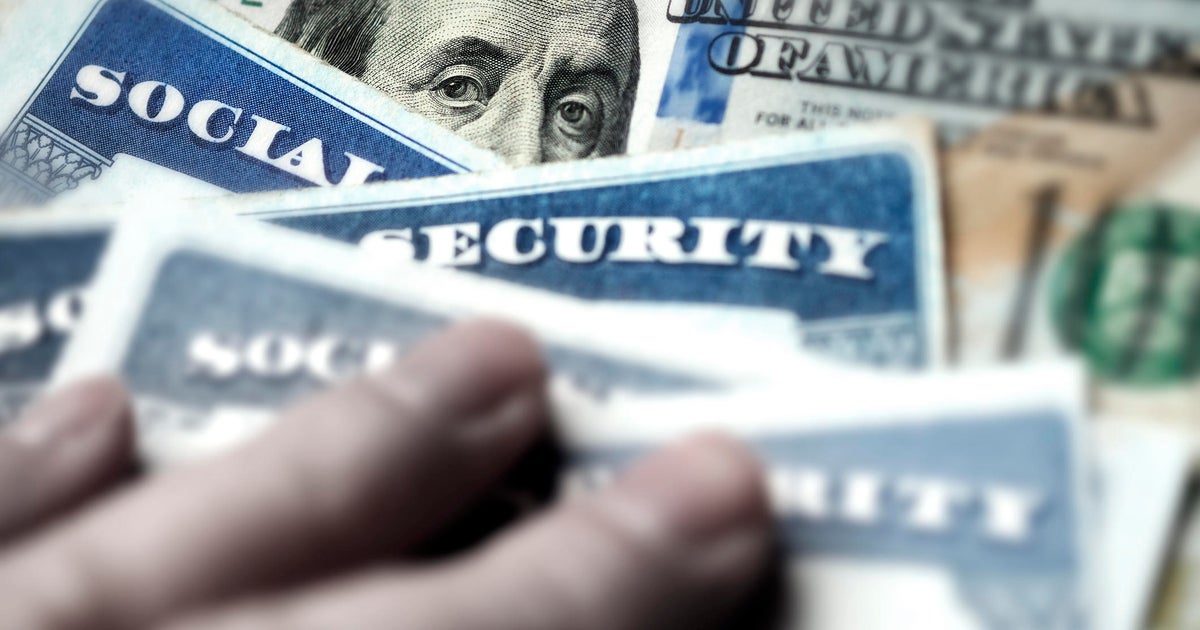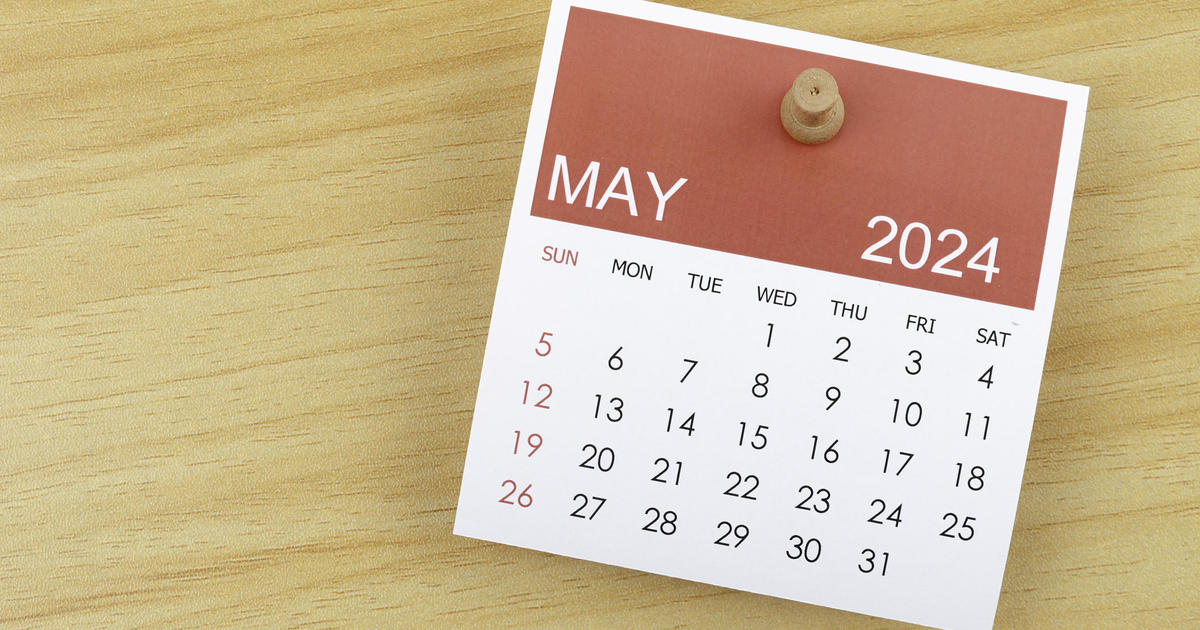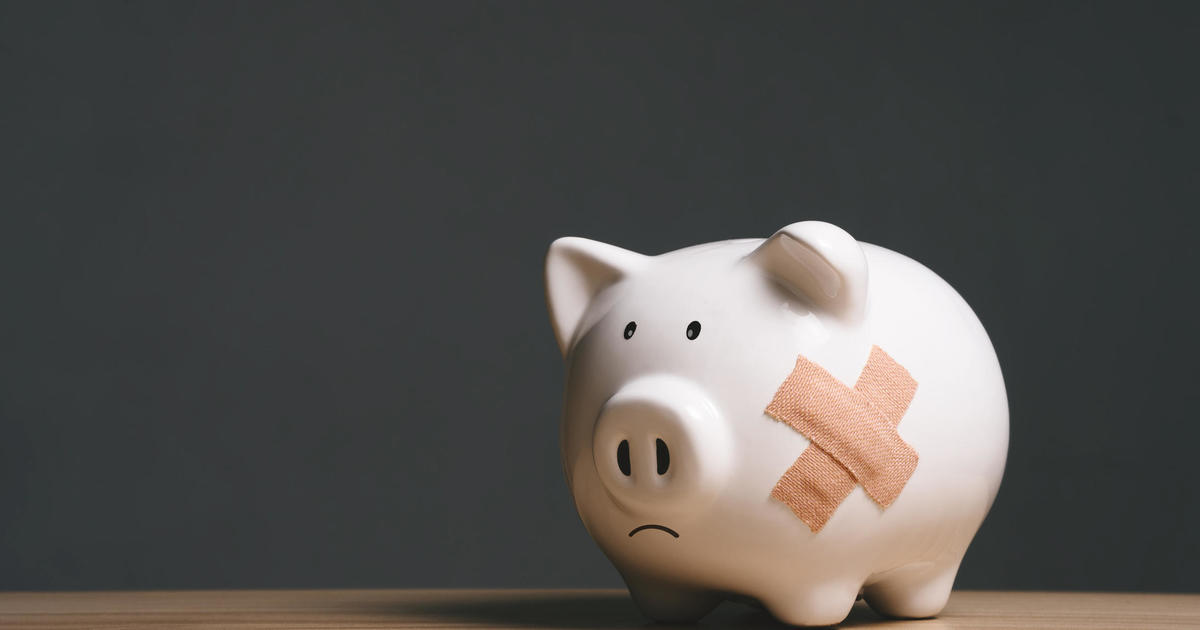A "new normal" for health care may not help your wallet
What counts for good news in health care costs may be a case of simply staunching the bleeding.
Medical costs are entering a "new normal" following years of double-digit growth, according to a new report from PwC's Health Research Institute. Medical costs are now rising about 6 percent to 7 percent each year, a reduction from double-digit spikes witnessed in the late 2000s. The PwC group predicts medical costs will increase 6 percent this year and 6.5 percent in 2018.
That may seem like good news, since an increase of 6 percent is certainly more affordable than annual increases of 10 percent or more. Yet the new normal is still a hardship on American workers, given that wages and the consumer price index are increasing at a far slower rate. Since 2010, wages have grown by between 1 percent to 3.6 percent per year, according to the Social Security Administration.
"It still costs too much," said Barbara Gniewek, principal at PwC. The increases "impact employees because as employers make plan design changes, they pay more of a share of the cost."
That can come in the form of higher deductibles, which has become a hallmark of the post-recession era. Deductibles, or the amount individuals must pay out of pocket before their insurance kicks in, have surged 67 percent since 2010 for employer-sponsored plans.
The medical cost trend, which PwC defines as the percentage increase in the cost to treat patients each year, has been moderated by the economy as well as by structural changes, such as the emphasis on care management by hospitals and physician groups and cost sharing with consumers.
One of the drivers of the recent growth in health care costs is the pharmaceutical industry, with the share of spending on drugs projected to grow to 18 percent in 2018 from 15 percent in 2008. With more scrutiny on drug pricing from consumers and lawmakers, drugmakers are growing more cautious about boosting prices, the report noted.
"In a highly concentrated market—the top 10 pharmaceutical companies based on U.S. sales made up 53 percent of the U.S. market in 2016—a few mentions on social media could have a devastating effect," the report said.



